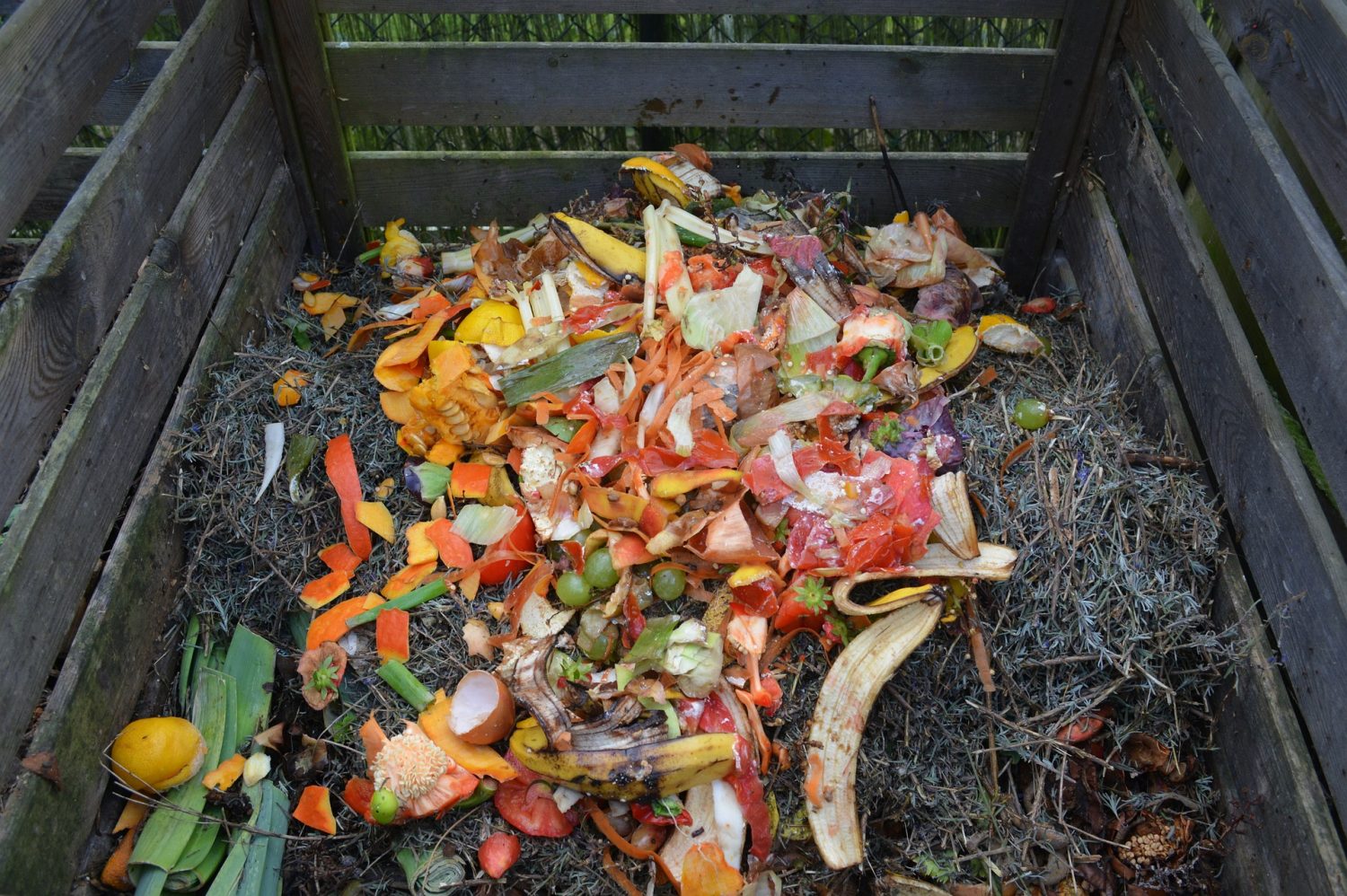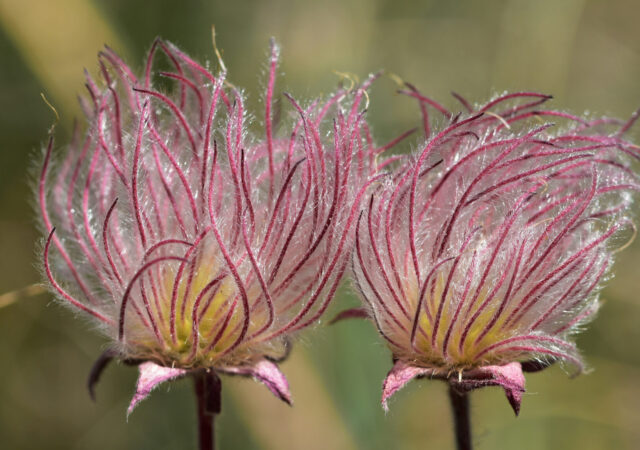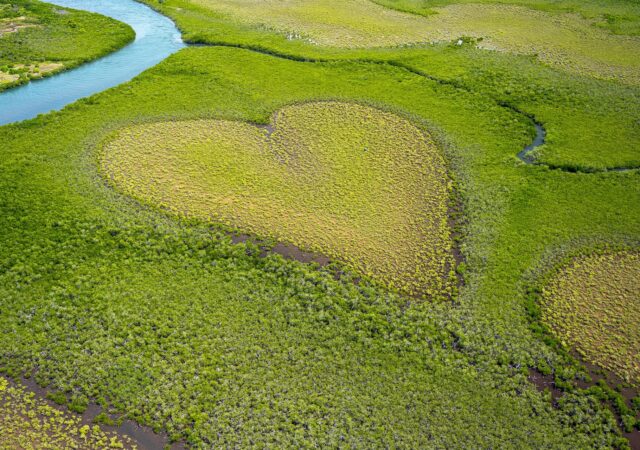Composting isn’t rocket science—it can be as easy or as involved as you want! Whether you have a simple pile of yard waste in your garden, a DIY compost bin, or a sleek tumbler outside your garage, composting is a fantastic way to recycle organic materials and enrich your local landscape.
The right composting method depends on:
- How much material you have
- How quickly you want usable compost
- How hands-on you’d like to be
For large amounts of yard waste, a simple pile on the ground is an easy, low-maintenance option. If you have minimal waste and want fast turnover, a compost tumbler is the way to go. And if you’re somewhere in between, consider a compost bin—available as DIY projects, kits, or ready-made products.
Composting Best Practices for a Healthy Garden
The key to successful composting is the right balance of materials, temperature, and moisture:
- Green materials (rich in nitrogen) – Kitchen scraps, weeds, lawn clippings
- Brown materials (rich in carbon) – Fall leaves, shredded newspaper, small twigs, sawdust
For the best results, aim for more brown than green materials. Avoid composting meat, bones, or dairy, as they attract pests and cause odor issues.
Location matters – Keep your compost in at least partial sun to speed up decomposition. Covering it with a tarp can help retain heat and control moisture.
Moisture balance – Compost should be evenly moist, like a damp sponge. If it’s too dry, spray it with a hose. If it’s too wet, mix in more brown materials to absorb excess moisture.
Turn your compost regularly – Aerating with a pitchfork or spinning your tumbler helps maintain the right heat and moisture levels, breaking down materials faster.
When Is Compost Ready?
Your compost is garden-ready when it looks like dark, rich soil and has an earthy smell. You can add compost to all of your plants and garden beds—there’s no such thing as too much organic goodness!
Composting is a simple yet powerful way to improve soil health, reduce waste, and create a thriving local garden. Want more sustainable gardening tips? Stop by Sunnyside Gardens, your trusted local garden center, and let’s talk about ways to keep your green space thriving!
Follow us on Social Media and subscribe to our Newsletters for even more tips!




